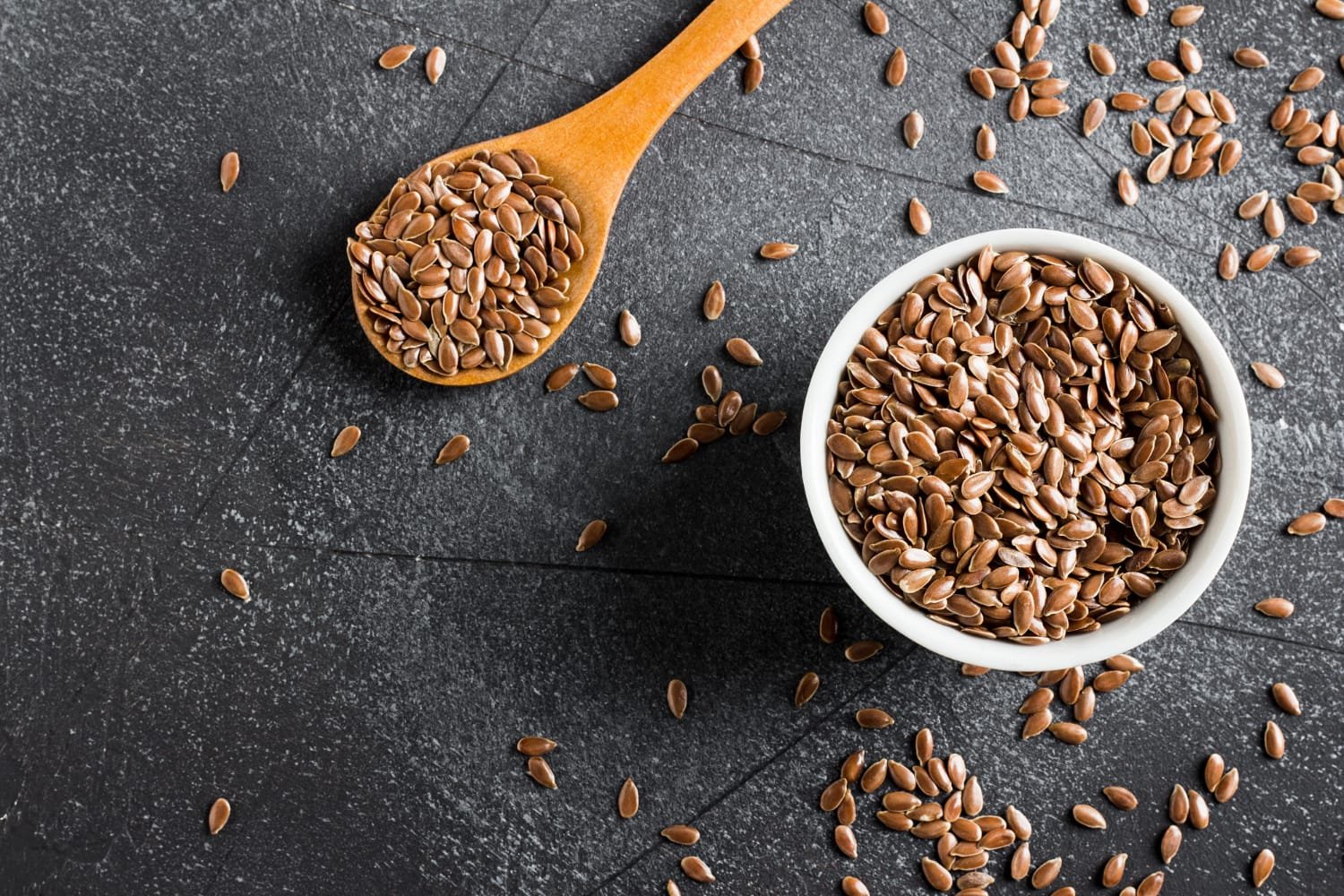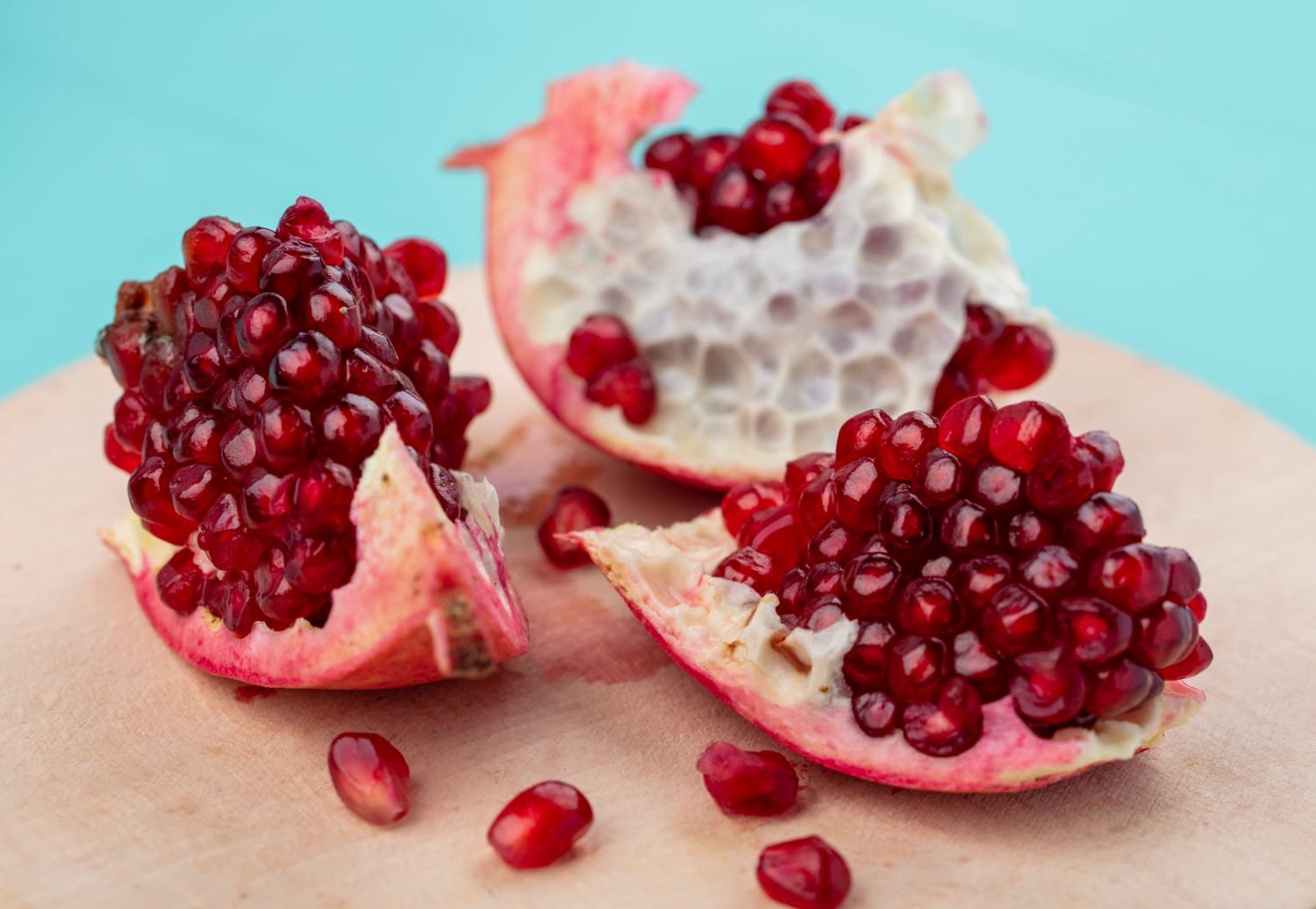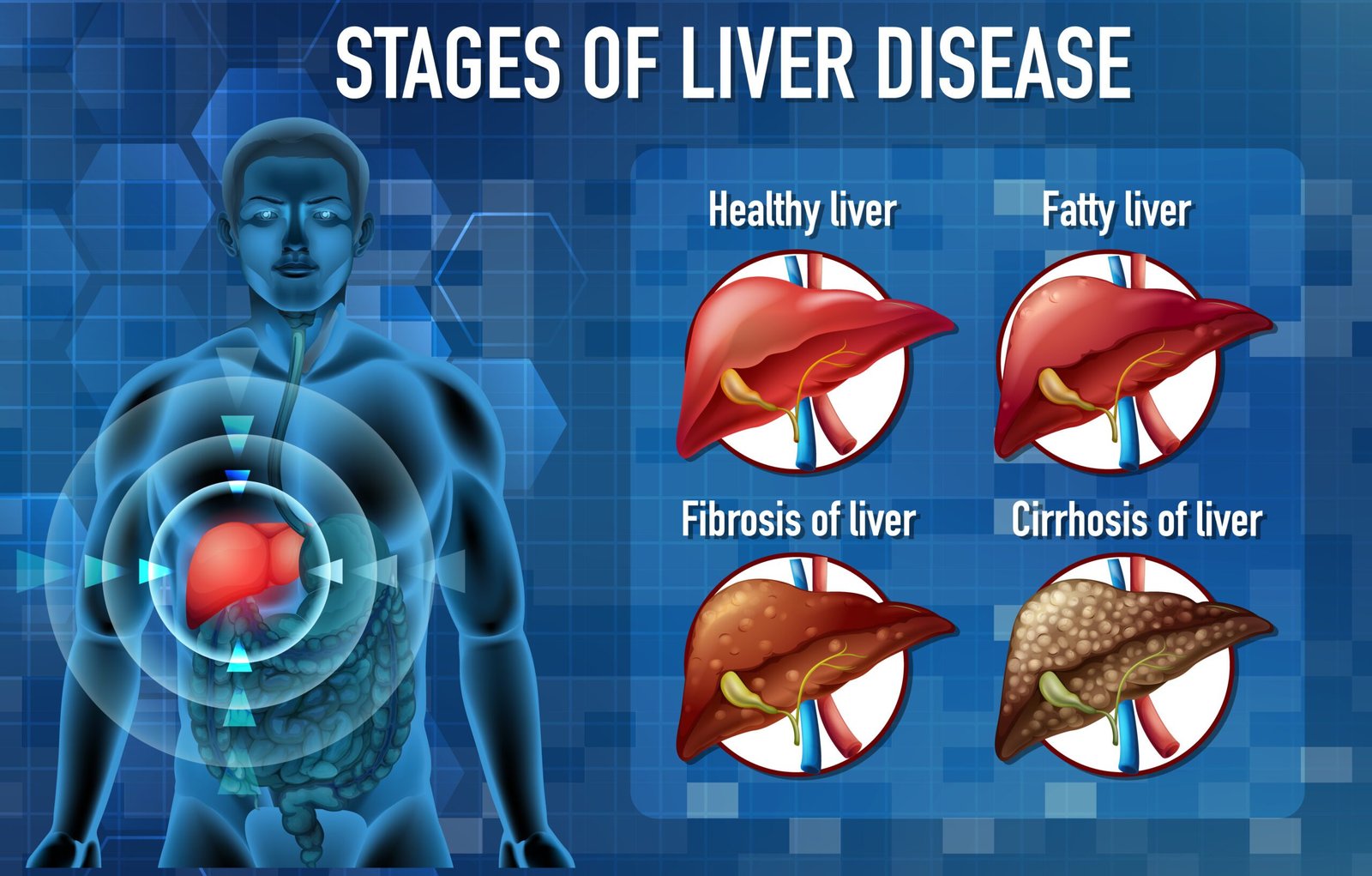Top 6 Foods To Avoid For High Uric Acid- Uric acid is a natural waste product that forms when the body breaks down purines, which are found in various foods and drinks. Normally, the kidneys filter out uric acid through urine. However, when the body produces too much uric acid or the kidneys fail to eliminate it properly, high uric acid levels can lead to health problems like gout, kidney stones, and joint pain.

One of the most effective ways to manage uric acid levels is through diet. Some foods are high in purines and can significantly raise uric acid levels, leading to painful flare-ups and health complications. In this guide, we will discuss the top foods you should avoid if you have high uric acid and suggest healthier alternatives.
Top 6 Foods To Avoid For High Uric Acid!
1. Red Meat

Red meat, including beef, pork, and lamb, is high in purines, which can lead to increased uric acid levels in the body. When uric acid builds up, it can cause painful joint inflammation and trigger gout attacks. Organ meats like liver, kidneys, and brain contain even more purines and should be completely avoided.
Regular consumption of red meat makes it harder for the body to remove excess uric acid, increasing the risk of kidney problems and severe joint pain. Instead, opting for lean meats like chicken and turkey in moderation is a better choice. For a healthier alternative, plant-based proteins such as tofu, lentils, and chickpeas provide essential nutrients without raising uric acid levels.
2. Sugary Beverages

Sugary drinks like sodas, packaged fruit juices, and energy drinks contain fructose, which increases uric acid levels in the body. When you consume too much sugar, your body breaks it down into purines, leading to higher uric acid production.
Over time, this can contribute to obesity, gout, and kidney problems. Instead of sugary beverages, it’s best to drink plenty of water to help flush out excess uric acid. You can also choose coconut water, herbal teas, or freshly squeezed fruit juices without added sugar to stay hydrated and maintain good health.
3. Alcohol

Alcohol, especially beer and strong liquor, is one of the biggest reasons for high uric acid levels. It not only increases uric acid production but also prevents the body from getting rid of it, leading to painful gout attacks and joint swelling. Beer is particularly harmful because it contains both alcohol and purines, making it even worse for people with high uric acid.
Drinking alcohol regularly can also affect kidney function, making it harder for the body to flush out toxins. If you still want to drink occasionally, red wine in moderation is a better option, as it has less impact on uric acid. A healthier alternative is to switch to mocktails, fresh fruit juices, or herbal drinks, which keep you hydrated and reduce the risk of uric acid buildup.
4. Processed & Fast Food

Fast foods like fried snacks, instant noodles, processed meats, and frozen meals are high in unhealthy fats, salt, and artificial additives. These ingredients can lead to weight gain, inflammation, and higher uric acid levels, making conditions like gout worse.
Since these foods have very little nutritional value, eating them regularly can also increase the risk of diabetes, heart disease, and kidney problems. Instead of relying on processed foods, try to cook homemade meals with fresh vegetables, whole grains, and healthy oils like olive oil. Adding nuts and seeds to your diet can also provide essential nutrients and help keep uric acid levels in check.
5. High-Fat Dairy Products

High-fat dairy products like whole milk, butter, cream, and cheese can contribute to higher uric acid levels due to their saturated fat content, which may slow down the body’s ability to eliminate uric acid efficiently.
While dairy itself is not extremely high in purines, consuming excessive full-fat dairy can impact kidney function and lead to weight gain, a risk factor for gout and high uric acid.
To manage uric acid levels effectively, it’s better to opt for low-fat or skim-dairy options such as yoghurt, almond milk, or soy milk, which provide essential nutrients without the added fat that could potentially worsen the condition.
6. Refined Carbohydrates and White Flour

Refined carbohydrates, such as white bread, pastries, pasta, and white rice, have a high glycemic index and can cause rapid spikes in blood sugar levels. While they may not be directly high in purines, they contribute to obesity and insulin resistance, which can indirectly lead to higher uric acid levels.
Consuming too many refined carbs can also increase inflammation in the body, making it harder for the kidneys to efficiently remove uric acid. To maintain better metabolic health and control uric acid levels, opt for whole-grain alternatives like quinoa, brown rice, whole wheat bread, and oats. These complex carbohydrates provide more fiber, help regulate blood sugar, and support overall kidney function.
Conclusion:
Keeping uric acid levels under control is important to prevent gout, kidney problems, and joint pain. Avoiding high-purine foods like red meat, seafood, sugary drinks, alcohol, processed foods, high-fat dairy, and refined carbs can help maintain healthy levels and improve overall health.
A balanced diet and a healthy lifestyle are key to managing uric acid. If you have frequent symptoms, consult a doctor for the best advice.
Images-Freepik
Top 12 Foods To Shrink Uterine Fibroids You Must Add To Your Diet!







 Flaxseeds are an excellent food choice for managing uterine fibroids due to their high content of lignans, which help balance estrogen levels in the body. Estrogen dominance is often linked to the growth of fibroids, and flaxseeds can support the healthy elimination of excess estrogen.
Flaxseeds are an excellent food choice for managing uterine fibroids due to their high content of lignans, which help balance estrogen levels in the body. Estrogen dominance is often linked to the growth of fibroids, and flaxseeds can support the healthy elimination of excess estrogen.

































































